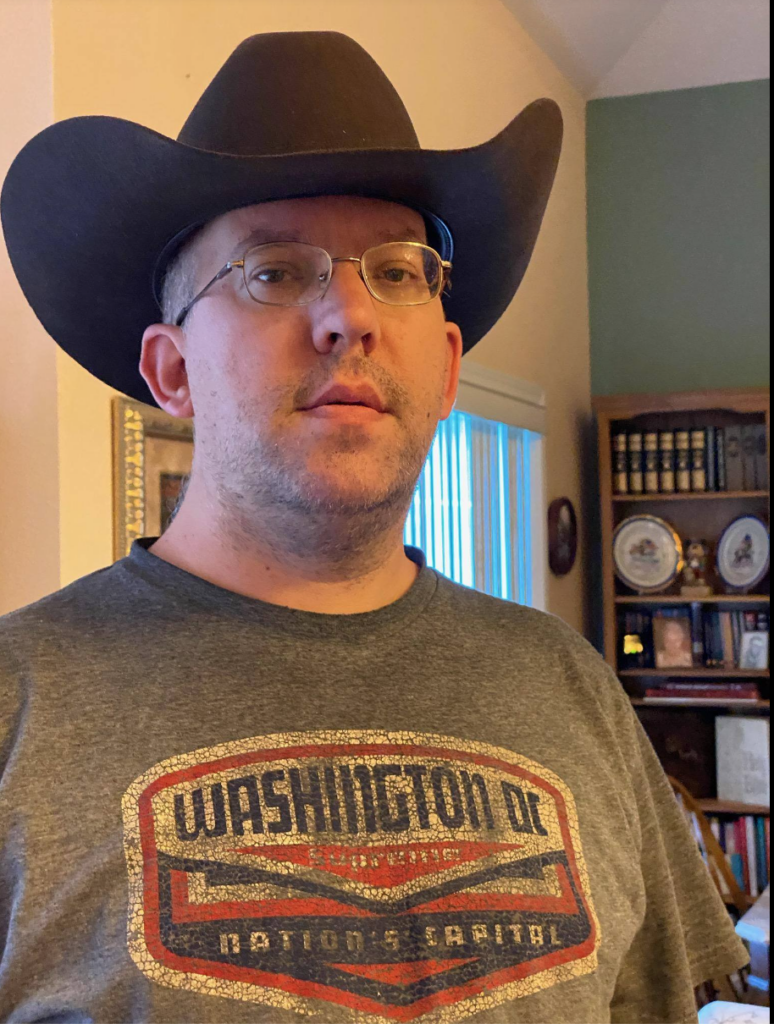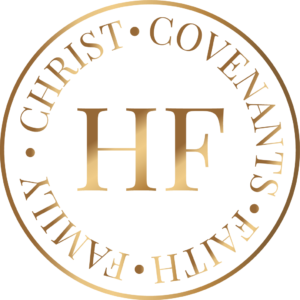LDS Twelve Steps to the Rescue!
(This was originally a Facebook post from November 22, 2020)
I discovered Michael Glen’s #givethanks Facebook post (see below), and decided to share it. I have written previous posts about addiction and will continue to revisit this important issue.
Addiction and addictive mindsets run in families from one generation to the next. (The scriptures refer to them as “generational curses.”) One or both parents often unknowingly pass their addictive behaviors and mindsets onto their children. As a result, these children enter adulthood with unhealthy boundaries in their relationships coupled with destructive compulsions and coping mechanisms. By the age of 14, these children will have probably developed their own addictions and compulsions—eventually passing them onto their future children and greater posterity. A therapist who specializes in childhood trauma told me that it takes 3 to 4 generations to dilute and completely purge addiction, compulsion, and their accompanying mindsets from a family system.
I understand this painful fact. Even though my parents come from a rich and faithful Latter-day Saint pioneer heritage, alcohol and addiction had infected a significant number of my ancestors, and continues to infect extended family members from one generation to the next. Decades ago, I researched and educated myself about addiction and compulsions, addictive mindsets and behavioral patterns within family systems and individuals. I wanted the ability to recognize and change any of these mindsets within myself and avoid passing these onto my children. (Alcoholism and addiction run through my husband’s ancestry and extended family too.)

If you engage in behaviors, mindsets, and use coping mechanisms that undermine your productivity or emotional health, then you might be dealing with a form of addiction. Addiction manifests itself in many ways. When we replace the notion of “drugs or alcohol” usage with another form of addictive behavior, we can more easily recognize the symptoms in any form of addiction. I’ve listed some symptoms below:
1. You ruminate or can’t stop thinking about “it.” The “it” factor could be anything or anyone.
2. You can’t stop doing it (your behavioral coping mechanism).
3. It interferes with your relationships and/or disrupts your daily life.
4. You become desensitized to the negative consequences of your addictive behaviors and/or mindsets.
5. You have difficulty managing your emotions.
The Church of Jesus Christ of Latter-day Saints provides many resources to help members recognize, confront, and overcome addiction through the LDS Twelve Step program. Michael Glen bears a powerful testimony of accessing Christ’s Atonement and healing power through this sacred program. Over the years (and on several occasions), my husband and I have been called to serve as facilitators in the Twelve Step program. Our meetings are filled with the Savior’s love while the Spirit bears witness to hope and healing.
To supplement the Twelve Steps manual, I provide a relevant list of some of the many books I’ve read:
Author John Bradshaw:
1. Bradshaw On: The Family
2. Bradshaw on the Family: A Revolutionary Way of Self-Discovery
3. Bradshaw On: Healing the Shame that Binds You
Author Pia Melody: Facing Co-Dependence
Author Lee Jampolsky: Healing the Addictive Mind
Grandchildren of Alcoholics by Ann Smith
Overcoming addictive mindsets and compulsive behaviors are one of the hardest challenges a person can accomplish. This protractive process includes relapse, determination, and never giving up. There’s always hope and the Savior’s Atonement is key.
#GiveThanks #SevenDaysOfGratitude
Healing is possible,
Julie
EDIT: This post has reached SOOOO many people! Far more than I dreamed it would. I am humbled by all the reactions and the comments of so many amazing people!
Some of you have asked if you can share this post on your own wall. The answer is YES! I want this message to go to as many people as possible, and to give others the hope that they need and some encouragement from an addict who’s been where they are, and knows that God can save them.
Michael’s original post:
I am forever grateful for the LDS Addiction Recovery Program, and for every program and person who has ever reached out to show kindness to someone they know who’s struggling with addiction.
I know there are many programs and treatment centers, rehab, etc. I’m grateful for every one of them. But I’m particularly grateful for the LDS program because it’s where I found freedom from my addictions, so it’s the only one that I can say with real certainty, “This program works.”
I’m grateful for AA, after who we have modeled our 12 Steps.
I’m grateful for other addicts, and their friends and family, who I’ve met and seen changed through the Addiction Recovery Program.
I’m grateful for the study guide and for group meetings.
I’m grateful for the Spirit that attends every addiction meeting, and testifies to those who need it the most, that we are not beyond His grace.
Over the years that I have attended meetings, worked through the questions in the study guide, journaled my progress, and prayed for guidance and understanding, I’ve filled enough notebooks to write my own story. (Literally, I’ve written a book that I hope to get published soon, and into the hands of those who could benefit from reading it.)
Mostly I’m grateful that God NEVER gives up, that He’s always willing to wait for us, for however long it takes us to turn back to Him, and allow Him into our lives.
Without Him I wouldn’t be here today.


